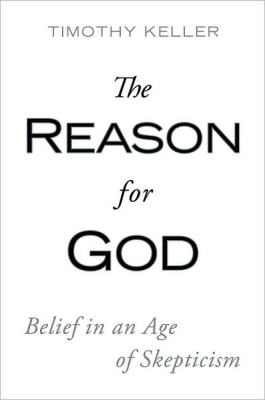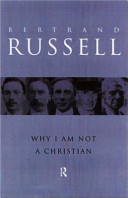What is a skeptic? Well, you are, if you’ve ever tilted your head to the side and thought to yourself, “I’m not buying it…” when someone told you something dubious. We’ve all encountered situations when we’re faced with deciding which information we’re receiving is valid. Who hasn’t gotten an email from a Nigerian prince promising riches, or a pop up ad promising miracle diet pills?
What do you do? Most of us weigh the information coming in against what we already know to be true. But what if you couldn’t prove what you already know? How would you evaluate, well, anything? That’s where skepticism comes in. Skepticism is more than what Philosopher Peter Klein calls “ordinary incredulity.” In the philosophical tradition, going back to the 600’s B.C., skepticism is the refusal to believe anything until all doubt has been removed. Taken to its logical end, known as ‘radical’ skepticism, it’s the belief that there is no knowledge that can’t be doubted, and therefore no knowledge worth believing.
Skepticism has risen to prominence over the last half century. So many traditional beliefs have come under fire from the claims of modern science and a general hostility from intellectuals and celebrities that Americans have become increasingly skeptical. A common complaint about government is that there’s so much gridlock that nothing ever gets done; but how can we find common ground in an era of “I don’t buy it?”
In the following video, Tim Keller answers questions on “Belief in an Age of Skepticism” in front of students at Columbia University. Dr. Keller, senior pastor of Redeemer Presbyterian Church in New York City, is a popular speaker and author on issues pertaining to Religion and Philosophy.
As you join into this inquiry into critical thinking, ask yourself these questions: What are his points? How does he establish them? Are there counter arguments? Do you agree and for what reasons do you agree or disagree?
Version 1.1










